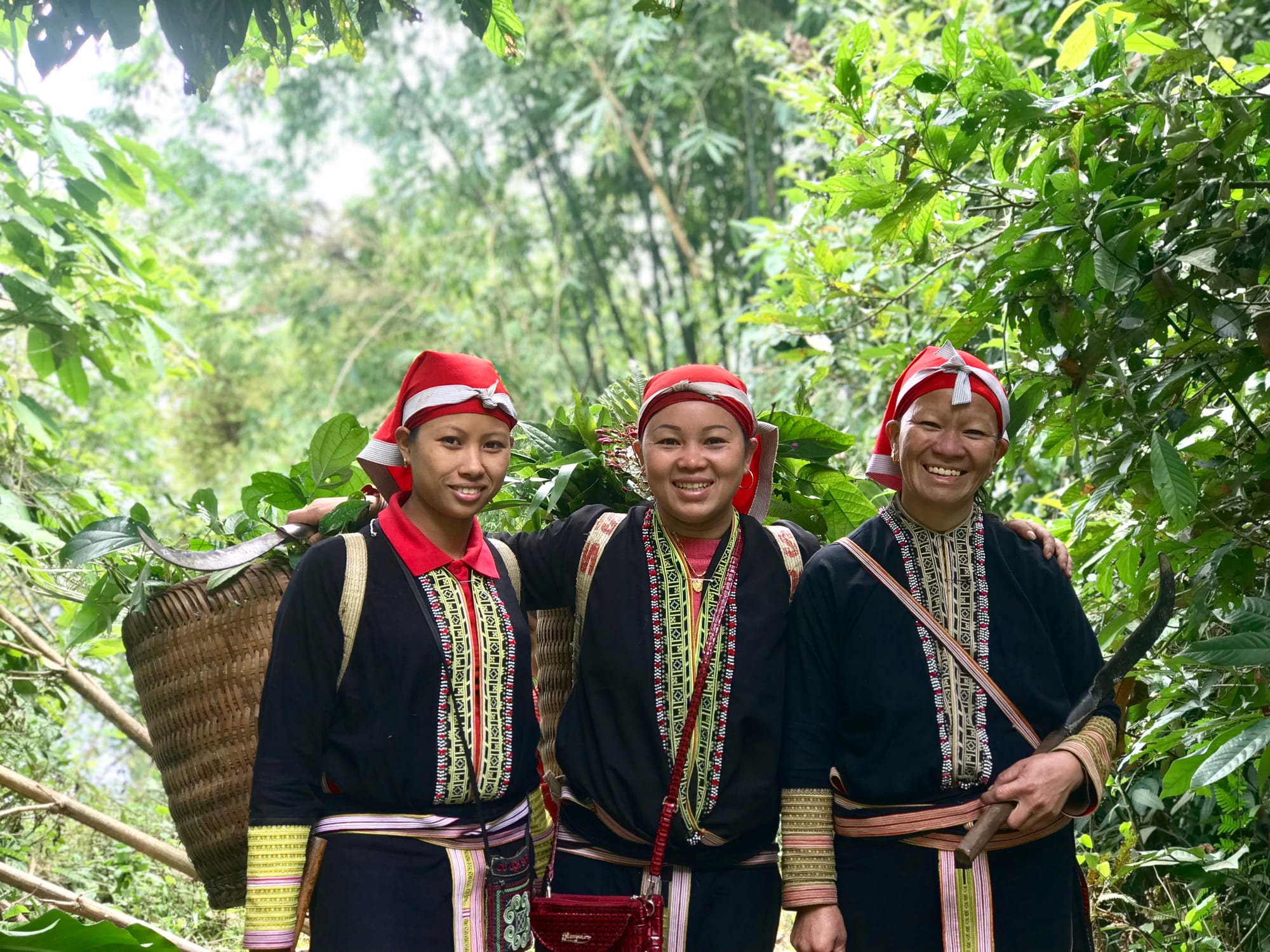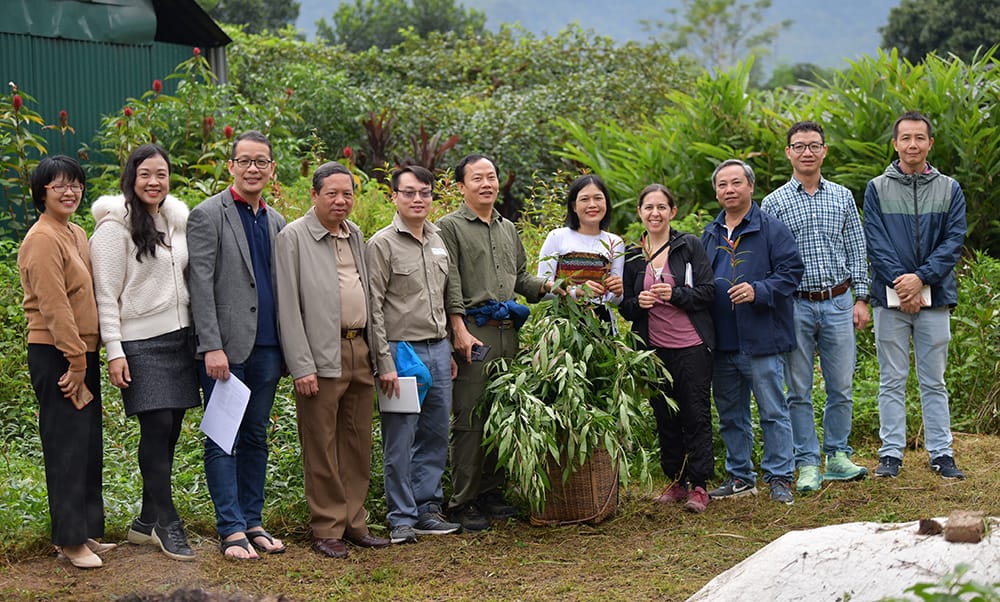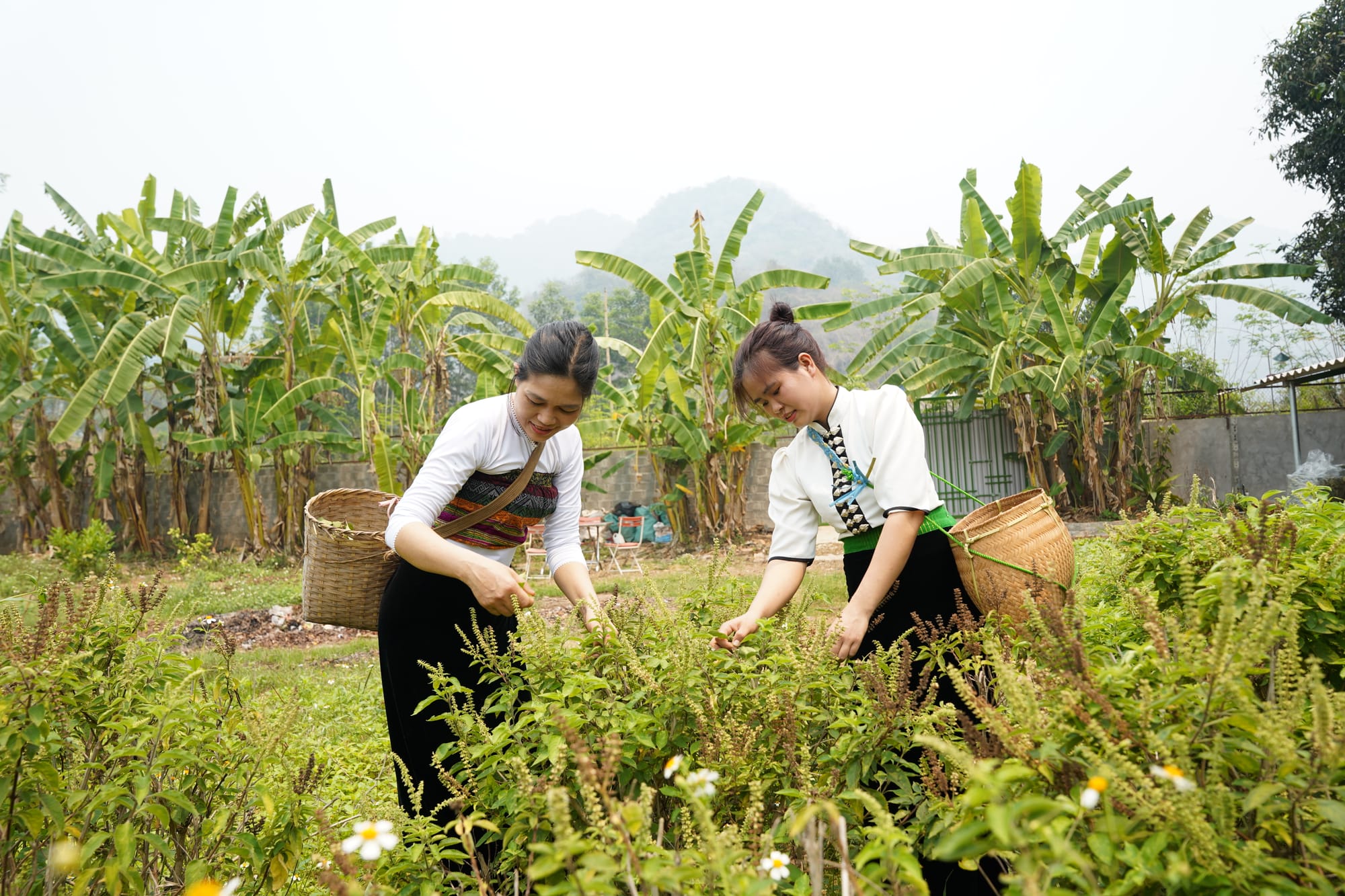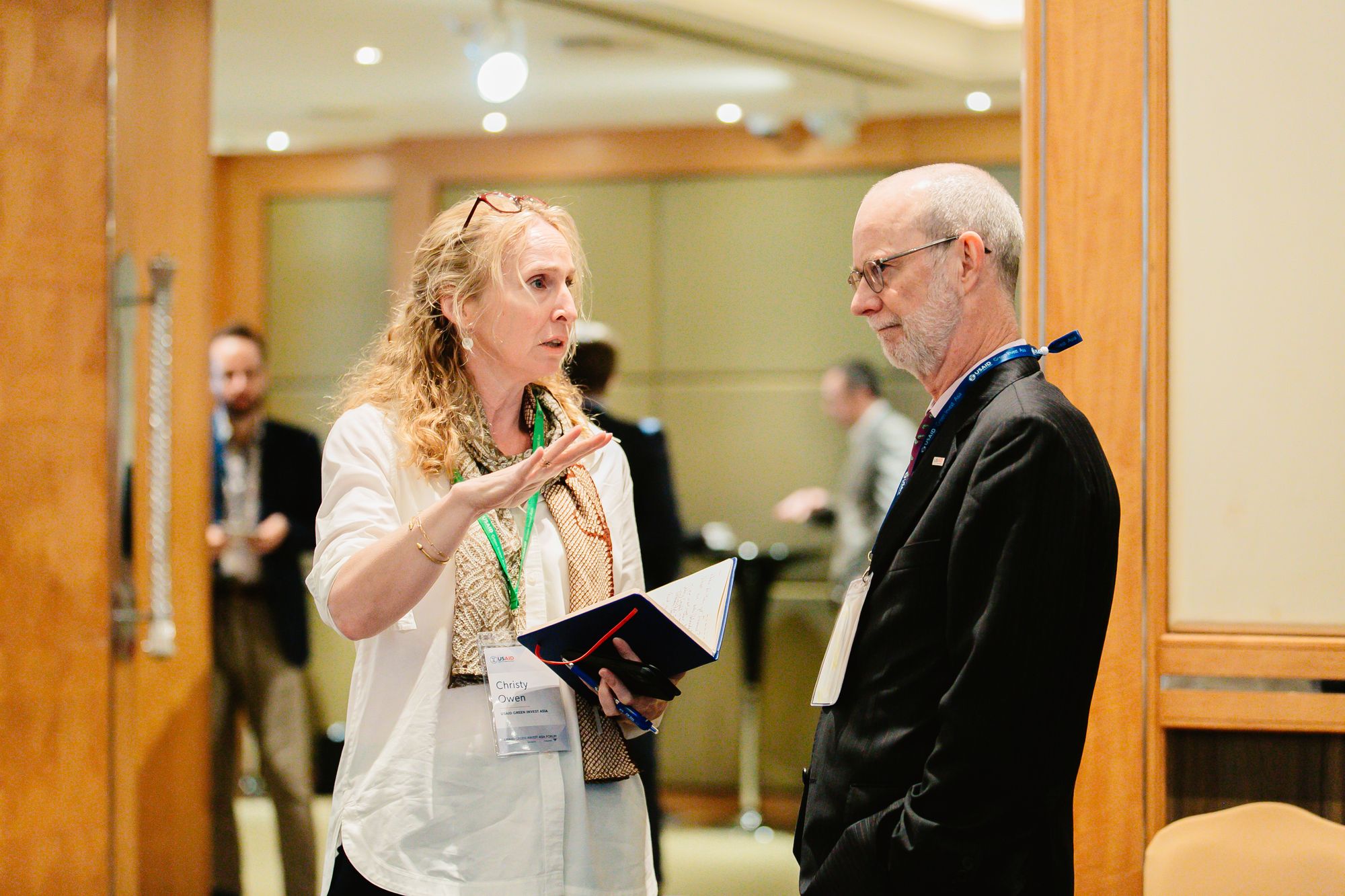The lush forests of Vietnam teem with numerous tree species, plants, and other natural resources, which are central to the livelihoods of the diverse ethnic minority communities who live in and around Vietnam’s 10+ million hectares of natural forests (not including the country’s nearly 5 million more hectares of plantation forest). Yet, harmful practices, rapid economic development, and the mismanagement of forest resources are leading to deforestation and forest degradation. Combined with the increasing impacts of climate change on Vietnam’s ecosystems, such threats put these communities’ livelihoods in question.
The U.S. Agency for International Development (USAID)-funded Sustainable Forest Management project, implemented by DAI, works to restore and enhance Vietnam’s vital forest ecosystems. Empowering the ethnic minorities residing in forest areas—especially local women—is an essential part of this work. Through targeted investments in diverse communities, the activity enables them to safeguard their land while exploring sustainable avenues to build strong livelihoods while reducing harm to Vietnam's delicate environment.
The project reaches a wide range of ethnic minority groups. The Red Dao, for example, can trace a 1,000-year-old heritage of forest life. For centuries, they have relied on the natural forest's resources for sustenance, crafting their homes from its timber, constructing rice terraces, and harvesting precious medicinal plants. Despite their deep relationship with the land, however, they have in recent years been unable to safeguard the forest on which they depend.
“Our community cut down the forest for housing and firewood, which led to a water crisis in our village and the whole region,” said Lo Lay May, a 38-year-old Red Dao woman. “We lacked water for drinking, household, and cultivation.”
The project is providing the Red Dao and surrounding communities with technical support, training, and resources not only to preserve their forests but also cultivate sustainable livelihoods aligned with environmental stewardship. In 2022, the project helped Lo Lay May’s village of Chu Kang Ho develop a sustainable forest management plan, which included community forest patrolling, community-based ecotourism, and medicinal plant development. The planning process helped the community better understand the strict protection and enhancement of biodiversity in forest areas that affect water resources. As a result, they have implemented practical actions, such as additional planting based on designs and discontinuing activities that exploit water-retaining tree species. Lo Lay May is the only female member of the forest patrol but hopes to spread her love of the forest to other Red Dao women and encourage them to join the team and contribute to the community’s efforts.

In Hoa Binh province, home to Ha Thi Le, a Thai-Tay woman, the forest sustains 60 percent of the population. Reflecting on her childhood, Le recalls illegal logging and medicinal plant collection as her family’s primary source of income, but she recognizes these activities must embrace sustainability measures.
As an adult, Le is continuing her family’s legacy in an environmentally friendly way.
She directs the Huong Xuan Cooperative, established in 2021 with eight members—including five Thai-Tay women—to conserve and produce medicinal plants. Initially, the cooperative struggled with quality control, collection and processing, product design, and marketing. But with the project’s support, Le trained in business management, marketing analysis, and WHO-GACP standards, which define good agricultural and collection practices for medicinal plants.
“I received a lot of knowledge on medicinal plant value chain development, and I changed behaviors on the restoration of native medicinal species in the forest,” she said. “The project supported us in developing two new products of herb shampoo and soap with a very nice box, and they helped us attend the National and Provincial Medicinal Product Expos to get our products in front of different markets.”
This kind of technical support has enabled Huong Xuan Cooperative to create jobs for 120 Thai-Tay people while protecting forests and the environment. “Today, I am confident in writing proposals for investment and developing business development strategy,” Le declares. “This year, I participated in the Women’s Entrepreneurship Contest and won an award for our work in the Hoa Binh province.”

And Le is not alone. From the Red Dao people to the Thai-Tay, the project has supported at least 10 ethnic minorities across seven provinces, assisting in the growth and management of 27 female-led enterprises like Le’s, while showing that sustainable forest management and economic opportunity can go hand in hand. The active participation of Vietnam’s ethnic minority communities is a critical part of that success, particularly protecting natural forests.





